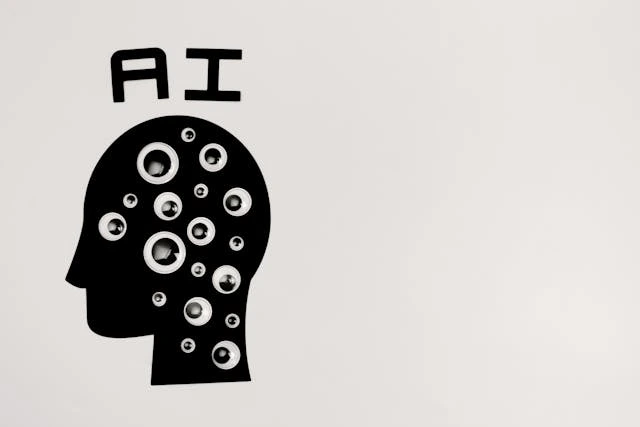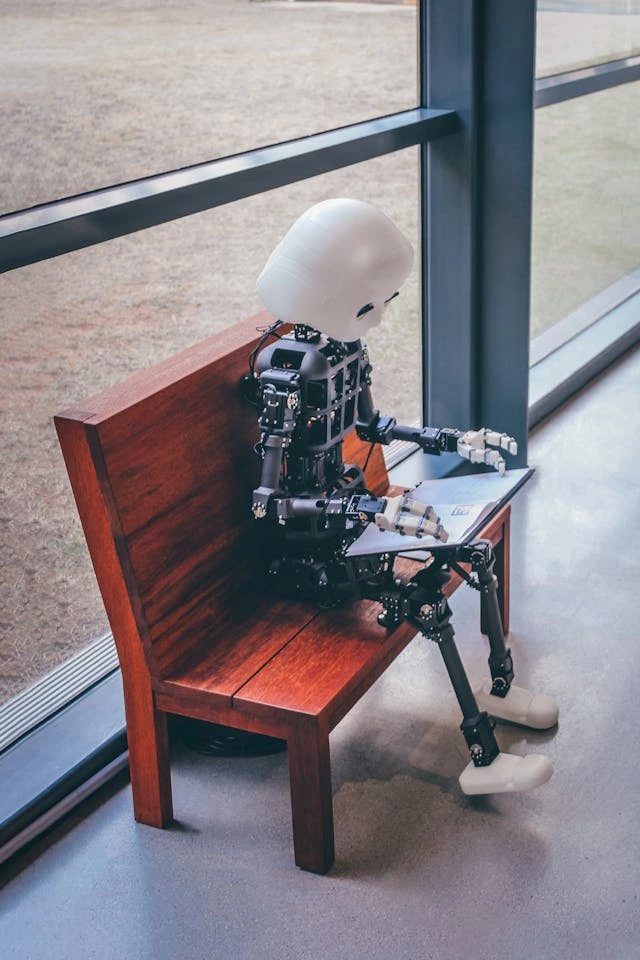FUTURE INSIGHTS: AI PREDICTIONS FOR 2026
Artificial Intelligence (AI) is no longer a futuristic concept—it’s an integral part of our daily lives. From healthcare to finance, AI is reshaping industries at a rapid pace. As we move toward 2026, the AI landscape is set to undergo further transformation, fueled by exponential growth in computing power, data availability, and algorithmic innovation. Here’s what experts predict for AI by 2026, backed by current data and trends.
1. The AI Market Will Exceed $300 Billion
According to MarketsandMarkets, the global AI market is projected to grow from $150.2 billion in 2023 to over $309.6 billion by 2026, at a compound annual growth rate (CAGR) of 35.6%. This surge is being driven by widespread AI adoption in key sectors such as healthcare, automotive, retail, and defense.

Key Drivers:
- Increase in data volume and computing infrastructure.
- Growing demand for AI-powered automation.
- Government initiatives supporting AI R&D globally.
2. Generative AI Will Dominate Creative and Knowledge Work
Generative AI, which powers tools like ChatGPT, Google Gemini, and Anthropic Claude, is predicted to revolutionize content creation, design, and code generation. Gartner estimates that by 2026, over 80% of enterprises will have integrated generative AI into their operations.

Notable Projections:
- McKinsey predicts generative AI could add $2.6 to $4.4 trillion annually to the global economy by 2030, with a significant portion of that value materializing by 2026.
- IDC forecasts that by 2026, 30% of marketing content will be created by AI without human intervention.
3. AI Regulation Will Begin to Mature
Governments worldwide are recognizing the importance of regulating AI. By 2026, it’s expected that comprehensive AI governance frameworks will be in place in the EU, United States, and China.

Developments to Watch:
- The EU AI Act (expected to be fully implemented by 2026) classifies AI systems by risk and sets strict rules for high-risk applications.
- The U.S. AI Executive Order (2023) is anticipated to evolve into a full legal framework by 2026, emphasizing transparency and fairness.
4. AI in Healthcare: A $70 Billion Industry
AI’s impact on healthcare will be profound by 2026. Frost & Sullivan estimates that the AI healthcare market will reach $70 billion, driven by diagnostic tools, robotic surgery, and predictive analytics.
Use Cases:
- AI diagnostics will reduce radiology and pathology errors by 30%.
- Virtual health assistants will handle 60% of patient inquiries in developed countries.
- Drug discovery powered by AI will shorten R&D timelines by up to 50%.
5. Workforce Disruption: Reskilling Becomes Crucial
By 2026, AI is expected to displace around 85 million jobs globally while creating 97 million new ones, according to the World Economic Forum. The emphasis will shift from repetitive tasks to strategic, creative, and analytical roles.

Implications:
- Demand for AI and machine learning specialists will grow by 40%.
- Soft skills such as emotional intelligence, adaptability, and collaboration will become critical.
- Enterprises will spend over $300 billion on employee reskilling and upskilling initiatives.
6. AI Chips and Hardware: Specialized Infrastructure Takes Off
AI’s growth will drive innovations in chip design and data center infrastructure. Companies like NVIDIA, AMD, and Intel are expected to launch AI-optimized processors that reduce power consumption while improving performance.
Market Snapshot:
- The AI chip market is expected to grow to $83 billion by 2026 (Allied Market Research).
- By 2026, over 50% of enterprise data centers will deploy AI-specific hardware.
7. Ethical AI and Explainability Will Be Key Differentiators
Trust in AI systems will become a competitive advantage. By 2026, it is expected that over 75% of enterprises will adopt tools that promote AI transparency, fairness, and explainability, according to Forrester.
Trends:
- Increased investment in AI ethics boards and bias mitigation algorithms.
- Rise of “Responsible AI” platforms that audit and score models for accountability.
Conclusion: Preparing for an AI-Driven Future
By 2026, AI will be deeply embedded in nearly every aspect of society. The key challenge—and opportunity—lies in aligning this technological advancement with human values, ethical governance, and inclusive growth. Organizations that invest in responsible AI, workforce development, and innovation ecosystems today will be the leaders of tomorrow.
Sources:
- MarketsandMarkets
- McKinsey & Company
- World Economic Forum
- Gartner
- IDC
- Frost & Sullivan
- Allied Market Research
- Forrester









